Two car manufacturers have fallen foul of Google Ads automation because their advertising potentially misled people looking to buy a zero-emissions car, according to the advertising watchdog.
Google Ads is an online advertising platform where advertisers pay to display brief advertisements which can appear on Google's search engine results pages.
The Google Ads platform operates on a pay-per-click model where advertisers bid on keywords and phrases relevant to target audiences. When users conduct searches using keywords, Google displays relevant ads alongside the search results.
On August 16, 2023, a paid advertisement for BMW appeared on Google, stating, "Zero Emissions Cars – Download Your Brochure Today. Visit BMW’s official online website. Find the perfect BMW electric car. Book a test drive. Explore a range of BMW electric cars…"
Advertising watchdog ASA challenged whether the claim ‘zero emissions cars’ accurately represented the environmental impact of the vehicles.
In response, BMW UK explained that it targeted consumers interested in electric vehicles by bidding on terms like "Zero Emission Cars" on Google Ads, explaining that the term was automatically inserted and that they were not initially aware of it until the complaint was received.
It said the claim appeared in only 0.02% of the impressions delivered by BMW's paid search activity but acknowledged that claims about zero emissions only apply while driving.
It said it has since ceased bidding on those keywords and has introduced manual oversight for future campaigns.
Another incident of a car manufacturer falling foul of Google Ads was MG which paid for a Google ad showcasing the offer, "Find A Dealer – Book A Test Drive. Save £1,000 On Your Next MG HS Plug-in Hybrid, MG ZS or MG5 EV Trophy Long Range, Renewed with a modern design, increased range, and even more technology. Zero Emissions."
The ASA said the claim ‘zero emissions’ did not accurately represent the environmental impact of all the variants listed in the ad.
“In relation to ads for plug in hybrids, it should be clear it applied to driving only and when using the battery for power. It should never be made in relation to vehicles that were powered by petrol or diesel engines.”
It also pointed out that while fully electric vehicles produce no emissions when driven, emissions are generated during manufacturing and charging.

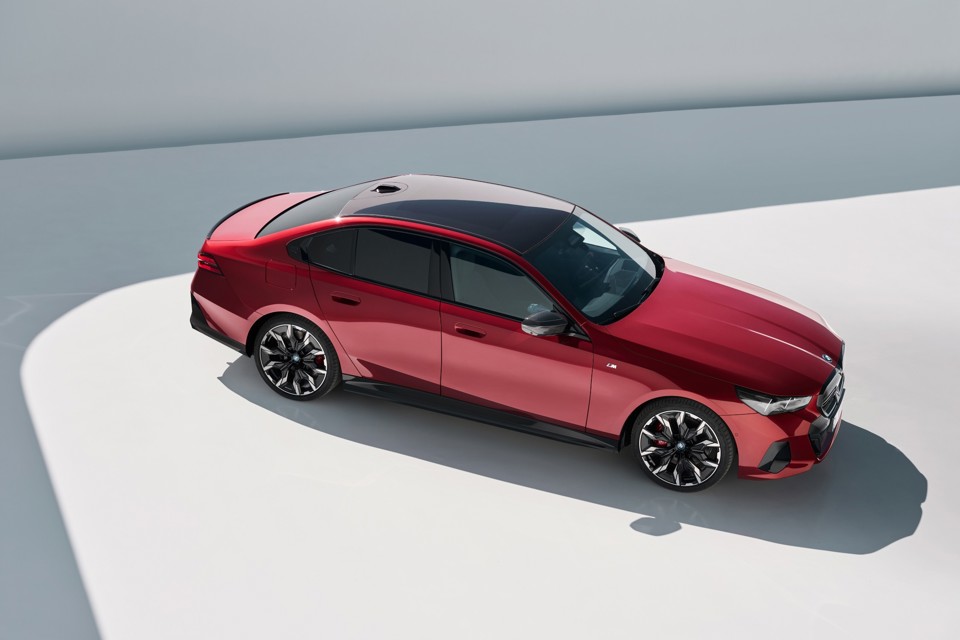


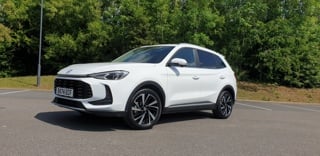
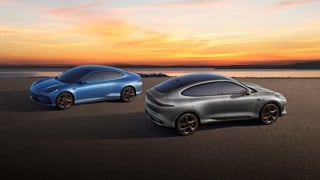
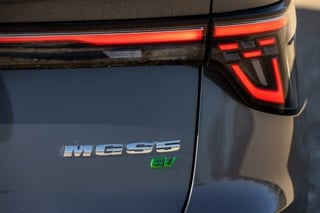
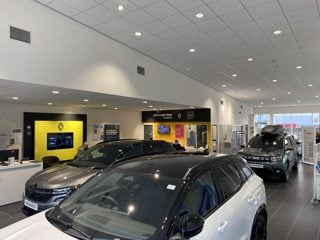














Login to comment
Comments
No comments have been made yet.